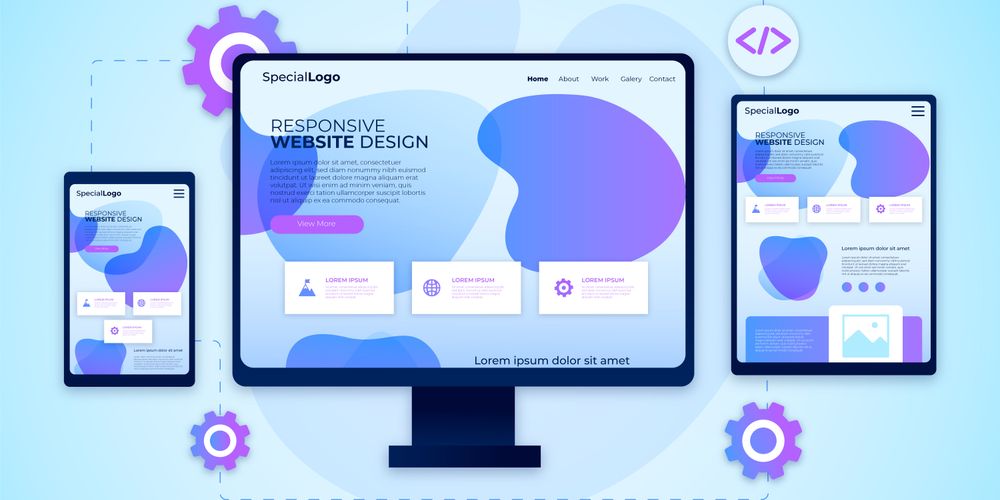
The Importance of Having Both Apps and Websites
In today’s digital landscape, having both a mobile app and a website is increasingly important for businesses and organizations. Here are several reasons why relying solely on a website is insufficient and why a combined approach is more relevant and beneficial:
1. User Convenience and Accessibility
- Mobile Usage Dominance: With the majority of internet users accessing the web through their mobile devices, apps offer a more optimized and user-friendly experience compared to mobile websites. Apps are designed specifically for mobile use, making them faster and easier to navigate.
- Offline Access: Mobile apps can provide users with access to content and features even when they are offline, which is not possible with websites. This offline capability is crucial for users with limited or inconsistent internet access.
2. Enhanced User Experience
- Performance: Apps often perform better than websites because they are optimized for specific platforms (iOS, Android, etc.). They can use device resources more efficiently, resulting in smoother and faster user experiences.
- Personalization: Apps can leverage device capabilities to offer highly personalized experiences. They can track user behavior, preferences, and location to tailor content and features to individual users, creating a more engaging experience.
3. Engagement and Retention
- Push Notifications: Apps can send push notifications directly to users’ devices, which is a powerful tool for engagement. These notifications can alert users to new content, updates, or special offers, encouraging them to return to the app regularly.
- Loyalty Programs: Apps are ideal platforms for implementing loyalty programs and rewards, which can significantly increase user retention. These programs are easier to manage and more interactive in an app environment.
4. Advanced Functionality
- Integration with Device Features: Apps can integrate with native device features such as the camera, GPS, and sensors, allowing for functionalities that websites cannot provide. For example, an app can use the camera for augmented reality (AR) experiences or the GPS for location-based services.
- Seamless User Experiences: Apps can offer more seamless experiences with features like biometric authentication (fingerprint or facial recognition), making logins and transactions quicker and more secure.
5. Market Competitiveness
- Brand Presence: Having an app can enhance a brand’s presence and credibility. Users often perceive brands with both a website and an app as more professional and forward-thinking.
- Differentiation: In competitive markets, an app can be a key differentiator. It shows that the brand is committed to providing the best possible experience for its users.
6. Data Collection and Analysis
- User Behavior Insights: Apps can provide detailed insights into user behavior and preferences through advanced analytics. This data is invaluable for making informed decisions about product development, marketing strategies, and user experience improvements.
- Direct Feedback: Apps can facilitate direct communication with users through features like in-app surveys and feedback forms, helping businesses gather valuable input and respond quickly to user needs.
7. Cost Efficiency in the Long Run
- Development and Maintenance: While developing an app can be expensive initially, the long-term benefits often outweigh the costs. Apps typically result in higher engagement and conversion rates, leading to better ROI over time.
- Cross-Platform Development: Modern development frameworks allow for the creation of apps that can run on multiple platforms from a single codebase, reducing the overall cost and effort compared to maintaining separate versions for different operating systems.
Conclusion
In conclusion, the synergy of having both a mobile app and a website is essential for maximizing reach, engagement, and user satisfaction in today’s digital era. Apps complement websites by offering enhanced performance, personalized experiences, and advanced functionalities that websites alone cannot provide. Together, they ensure that a business can meet the diverse needs of its users, stay competitive, and achieve sustainable growth.